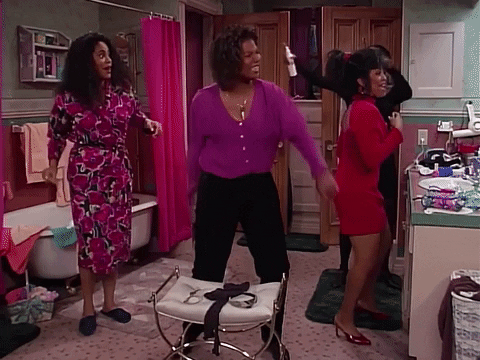finding a place to belong.
building friendships in your 30s is not for the faint of heart
For much of my life, belongingness has been an abstraction I’ve been on a quest to find. As years have passed and my life has taken new shapes, so have the core relationships that keep me grounded and fulfill my emotional need for human connection, specifically in platonic relationships. Though my friendships are incredibly important to me, managing them in my 30s has come with a host of complexities I was not fully prepared for.
I've been thinking a lot about Film and TV shows and how they have given us unrealistic expectations of friendship as an adult, much like romcoms do for romantic relationships. Girlfriends, Sex and The City, and Living Single have provided me with aspirational models of friends groups or chosen families. They sell us a fantasy that if you love your friends enough, you will manage to be there for their milestones and pitfalls, and you will have time to see each other frequently all while managing to keep your life in order. However unrealistic they are, many of us still desire these kinds of bonds yet rarely do we question what is fueling that desire.



